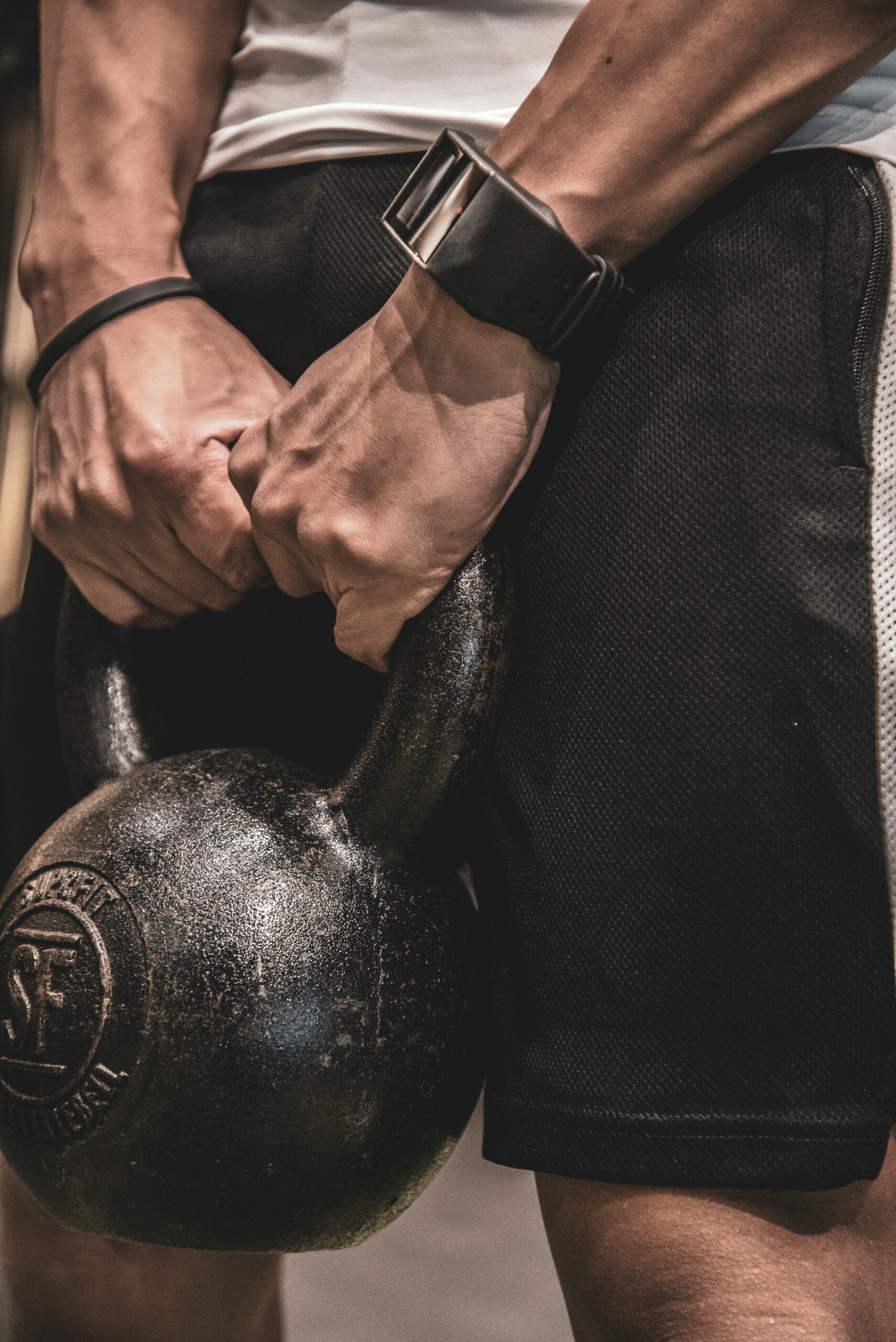The Untold Impact of Mental Fitness on Your Athletic Performance Journey
When we think about athletic performance, the first things that often come to mind are physical prowess, rigorous training schedules, and the latest in sports technology. But what if I told you that the mental aspect of sports is just as crucial, if not more so? Yes, folks, welcome to the underappreciated world of mental fitness—a realm that many athletes overlook, yet it can play a pivotal role in their journey to greatness.
Understanding Mental Fitness: More Than Just a Buzzword
Mental fitness refers to a state where an athlete can manage stress, maintain focus, and cultivate resilience. It’s not just about being tough; it’s about having the mental tools to navigate the ups and downs of competitive sports. You might be wondering, “Isn’t that just part of being an athlete?” Well, yes and no.
Sure, many talented athletes exhibit some level of mental toughness. However, just like physical training, mental fitness requires deliberate practice and strategy. It’s a skill that can be honed, nurtured, and most importantly, it can have a profound effect on performance. Think of it as the secret ingredient in your favorite recipe—without it, everything might taste a bit bland.
The Science Behind Mental Fitness
Research has shown that mental fitness can significantly influence athletic performance. For example, a study published in the Journal of Sports Sciences found that athletes who regularly engaged in mental training techniques, such as visualization and mindfulness, reported higher levels of performance consistency and lower levels of anxiety during competitions. Imagine being able to walk into a big game and feel calm, collected, and ready to conquer—sounds great, right?
Dr. Sarah Moore, a sports psychologist, emphasizes, “Mental training is as essential as physical training. You wouldn’t skip leg day, would you? Why skip mental conditioning?” Her words resonate with many athletes who often find themselves unprepared for the mental challenges of their sport.
Common Mental Challenges Athletes Face
Every athlete faces mental hurdles, whether they’re a seasoned pro or a weekend warrior. Here are a few common challenges:
- Performance Anxiety: The fear of failure can be paralyzing. Many athletes struggle with self-doubt, especially during high-stakes competitions.
- Focus Issues: Maintaining concentration during training or competition can be tough. Distractions abound, from the crowd’s noise to personal worries.
- Burnout: The pressure to perform can lead to physical and emotional exhaustion, causing athletes to lose their passion for the sport.
- Negative Self-Talk: The inner critic can be relentless, undermining confidence and leading to a downward spiral.
But fear not! With a bit of mental training, these challenges can be addressed head-on.
The Role of Visualization
Visualization is one of the most powerful tools in the mental fitness toolbox. It involves imagining yourself successfully executing skills or achieving goals. I remember when I was training for my first 10k. I spent evenings picturing crossing the finish line, feeling the rush of adrenaline, and basking in the glory of accomplishment. Sure, I had to put in the hard work, but that mental imagery propelled me forward.
In fact, a study from the International Journal of Sports Psychology found that athletes who used visualization techniques improved their performance by an average of 10%. It’s a staggering figure, and it makes you wonder—how many more athletes could benefit from this simple yet effective practice?
Mindfulness: Staying Present
Mindfulness is another mental fitness strategy gaining traction among athletes. It’s all about being present in the moment and not getting lost in the noise of expectations or distractions. Take, for instance, the practice of focusing solely on your breath during a race. It may sound simple, yet this technique can ground you, allowing for greater focus and performance.
A fascinating study conducted by researchers at Stanford University found that mindfulness practices can lead to improved concentration and reduced stress levels, which are vital during competitions. Remember, it’s not just about being fast or strong; it’s about being mentally agile, too.
Building Resilience: The Key to Overcoming Adversity
Adversity is part of every athlete’s journey. Whether it’s an injury, a tough loss, or even an unexpected setback, how you respond to these challenges often defines your career. Building resilience—a mental muscle, if you will—can make all the difference.
Dr. James Carter, a renowned sports psychologist, states, “Resilience isn’t just about bouncing back; it’s about bouncing forward. It’s about learning and growing from the experience.” This perspective can shift an athlete’s mindset from a fixed to a growth-oriented approach, which opens doors to greater performance potential.
Practical Strategies for Enhancing Mental Fitness
Now, let’s get down to brass tacks. How can you cultivate this elusive mental fitness? Here are some practical strategies to consider:
- Set Clear Goals: Whether they’re short-term or long-term, having specific targets can provide motivation and direction.
- Establish a Routine: Consistency breeds confidence. Develop pre-performance routines that help you get into the right headspace.
- Practice Positive Self-Talk: Combat that inner critic with affirmations that uplift rather than undermine.
- Engage in Mental Imagery: Regularly visualize your success, whether it’s nailing a routine or winning a match.
- Seek Support: Don’t shy away from talking to a sports psychologist or a mentor who can help you navigate mental blocks.
But remember, these strategies take time and practice. Just like lifting weights, you won’t see results overnight. Be patient with yourself as you embark on this journey!
Real-Life Examples: Athletes Who’ve Embraced Mental Fitness
Let’s take a moment to explore how some top athletes have harnessed the power of mental fitness. These stories serve as great inspiration—and perhaps a little motivation for your own journey.
Take Michael Phelps, for instance. The swimming legend has openly discussed his struggles with anxiety and depression. However, he credits his success to incorporating mental fitness techniques, such as visualization and meditation, into his training. Phelps once stated, “I think the biggest thing is that you have to be able to control your mind.” His story is a powerful reminder that even the greatest champions face mental battles.
Then there’s Serena Williams, whose mental toughness is legendary. She often speaks about the importance of mental preparation and how it has helped her overcome challenges on and off the court. Williams once said, “I really think a champion is defined not by their wins but by how they can recover when they fall.”
These athletes have demonstrated that mental fitness is not just an afterthought but a critical component of their success.
Overcoming Stigma: The Conversation Around Mental Health in Sports
We have come a long way in recognizing the importance of mental health in sports. Yet, stigma still lingers. Many athletes feel pressure to maintain a façade of invincibility, which can lead to feelings of isolation and despair. It’s essential for the sports community—coaches, teammates, fans—to foster an environment that encourages open conversations about mental health.
In recent years, high-profile athletes have begun to speak out, breaking down barriers and challenging the status quo. Athletes like Kevin Love and Naomi Osaka have been vocal about their mental health struggles, inspiring others to seek help and prioritize their mental wellness.
The Future of Mental Fitness in Athletics
As we look ahead, the integration of mental fitness into athletic training is becoming more mainstream. Coaches and organizations are beginning to recognize that mental strength is just as important as physical strength. This shift could lead to a more holistic approach to athlete development, one that nurtures both the body and the mind.
Imagine a world where athletes are equipped with mental fitness tools alongside their physical training regimens. This could be the future of sports—a future where mental and emotional well-being is prioritized, leading to not only better performance but also healthier athletes.
Final Thoughts: Embracing the Journey
In conclusion, mental fitness is an indispensable aspect of the athletic performance journey. It’s about more than just overcoming fear and anxiety; it’s about fostering a mindset that embraces challenges and celebrates growth. As athletes, acknowledging and addressing mental fitness can ultimately lead to more fulfilling sports experiences and improved performance.
So, the next time you lace up your shoes or step onto the field, remember this: it’s not just your body that needs training; your mind does too. Embrace the journey, invest in your mental fitness, and watch as your athletic performance soars to new heights.
And who knows? You might just find that the mental game is the most exhilarating competition of all.




